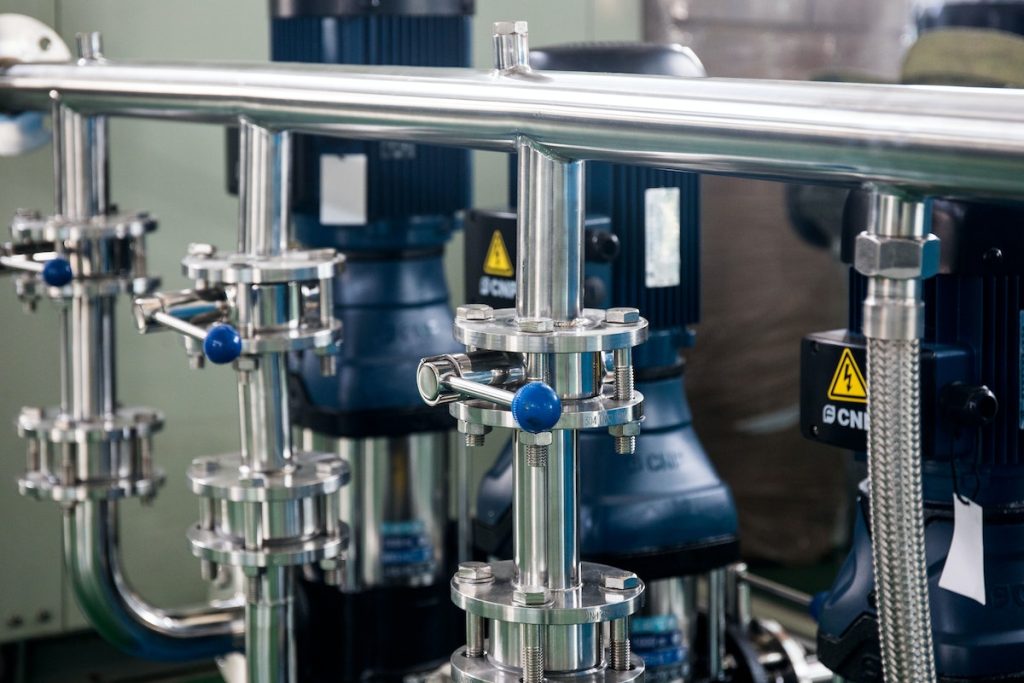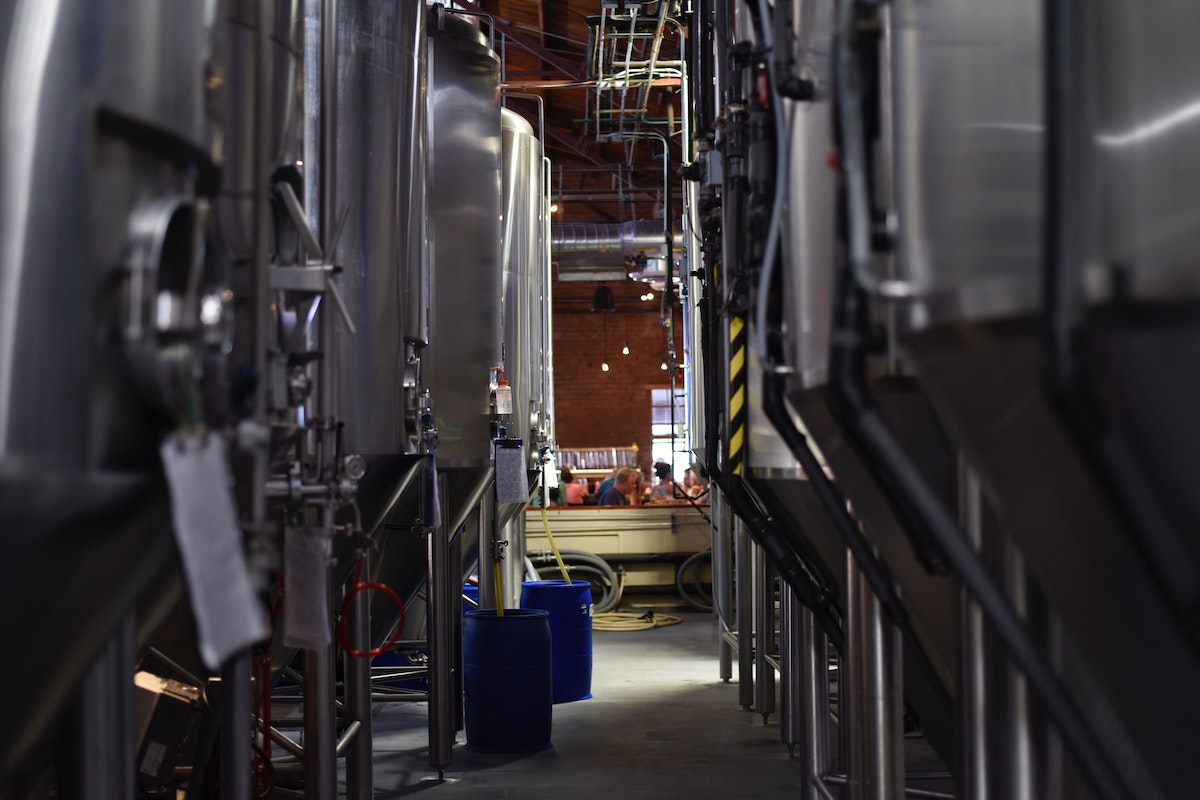As a manufacturer, you may consider automating your operations to improve efficiency and quality. There are many things to consider when making this decision, including the type of automation technology, the training and support needed for your staff, and the impact on your overall business.
This article will explore some of the key considerations for manufacturers who are thinking about automating their processes. By understanding the benefits and challenges of automation, you can make an informed decision about whether it is right for your business.
The different types of automation technologies available
When it comes to automation technologies, there is a wide range of options available. From simple sensors and controllers to more complex systems that can mimic human behavior, the choices can seem overwhelming. However, by understanding the different types of automation technologies, it is possible to make an informed decision about which one is right for a particular application.
One of the most basic forms of automation is known as discrete automation. This technology uses sensors to detect the position of objects and then uses actuators to move them to carry out a specific task. For example, a factory assembly line might use discrete automation to pick up and place components in the correct order.
Another type of automation technology is known as process automation. This involves using sensors and controllers to monitor and control processes like chemical reactions or manufacturing processes.
Process automation can be used to improve safety, efficiency, and quality control. For example, process automation might be used in a pharmaceutical factory to ensure that the correct ingredients are mixed in the correct proportions.
Finally, there is adaptive automation. This is a more advanced form of automation that uses artificial intelligence (AI) to learn from and adapt to its surroundings. Adaptive automation is often used in applications where it is difficult or impossible for humans to interact with the environment directly, such as in space exploration or medical diagnosis.
For example, adaptive automation might be used to control a robotic spacecraft or to identify patterns in patient data that could indicate disease.
How to choose the right type of automation for your business
There are a few factors to consider when deciding which automation is right for your business.
The first is the scale of your operation. If you’re a small business, you’ll likely want to choose a system that is compact and easy to install. On the other hand, if you have a large-scale operation, you’ll need an automated system that can handle a high volume of products.
The second factor to consider is the type of products you produce. If you make products that are delicate or require special handling, you’ll need an automated system that can be customized to meet your specific needs.
Finally, you’ll need to consider your budget. Automated systems can be expensive, so choose one that fits within your budget. You may hire an automation service provider if you don’t have the internal resources to develop and implement an automated system on your own.
There are various companies, such as Sensors Incorporated, that deal with real-world industrial processes daily. This gives them extensive product knowledge combined with a multi-industry background that will give their clients access to solutions for your wide-ranging automation applications.
The benefits of automating your manufacturing processes
When it comes to manufacturing, automated processes have a lot of advantages over manual ones. For one thing, they’re much more precise, so you can be confident that every product will meet your high standards.
Automated processes are also more efficient, meaning you can produce more in less time. And because they’re less reliant on human labor, they tend to be more cost-effective as well.
As a result, automating your manufacturing processes can help you save time and money while still delivering quality products.
Implementation and maintenance considerations

A few things are key to consider when automating your manufacturing process for a successful transition. First, you’ll need to map out your entire manufacturing process from start to finish, so that you can identify which parts of the process can be automated.
Once you’ve identified the automatable tasks, you’ll need to select the appropriate machinery and software for the job. It’s important to choose components that are compatible with each other and that will work together seamlessly.
Finally, you’ll need to develop a plan for implementation and testing, to ensure everything is up and running smoothly before going live.
Cost factors to consider when automating your manufacturing processes
When considering automating your manufacturing processes, there are several cost factors to consider. First, you’ll need to determine the initial investment required for the equipment and software.
This can be a significant upfront cost, but weigh it against the potential long-term savings. In addition, you’ll need to consider the costs of training your staff to use the new system. Finally, you’ll need to factor in the ongoing costs of maintenance and support.
Automating your business processes can be a great way to improve efficiency and save money. However, research before making any decisions, as not all automation solutions are created equal. With the right planning and execution, automating your business processes can help you achieve greater efficiency and profitability.

